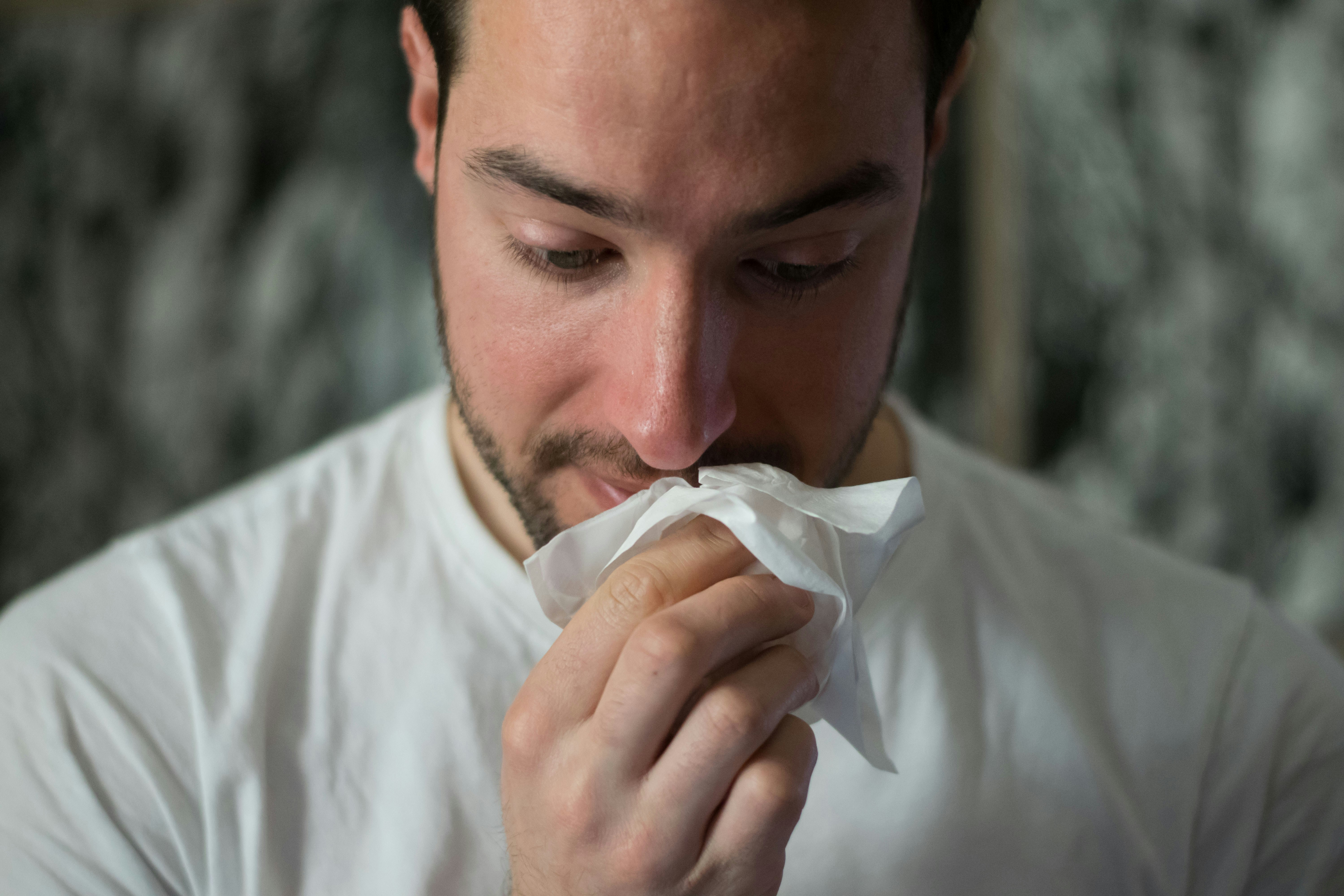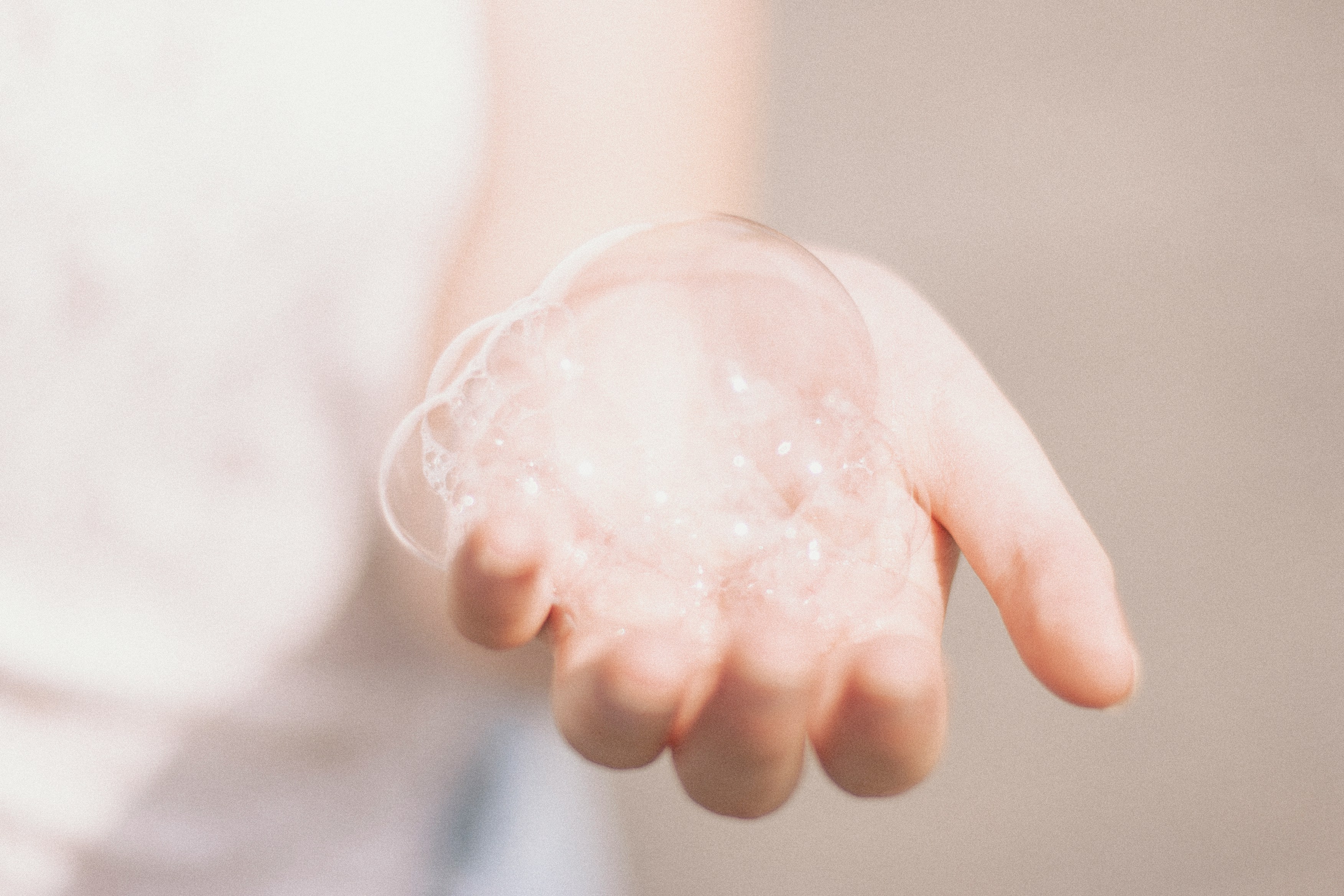
Get A Sneak Peek at my book “Your To-Die-For Life”!
Get a FREE sneak peek! Learn how to use Mortality Awareness as a wake up call to live more boldly.
 Read on to find out about a few of the best self-care tips when dealing with allergies.
Read on to find out about a few of the best self-care tips when dealing with allergies.
Dealing with allergies can be a daily struggle for countless people when the seasons change. If you are someone who simply wants to change the way you do things to stop allergies ruining your life, here are a few smart ways to intuit what is happening and the best tips and tricks you can use.
Firstly, before allergies or allergens become noticeable, start your allergy medicine routine. Whether it is antihistamine tablets, nose sprays, eye drops, or something in particular, starting them before an allergy attack can help lessen its effects.
While you definitely shouldn’t take these things all the time, as they will lose their efficacy, starting them when you think you have been exposed to allergens can often be a game-changer.
Another simple tip is to avoid areas of over-exposure. For instance, if pollen is your allergy trigger, avoid areas that are dense in plants and trees that release pollen. While this may sound obvious, many of us still do it accidentally; in short, be more mindful of where you are or where you are going.
Dust, pollen, pet dander, etc, can all quickly and easily settle on surfaces and trigger an allergy attack. Particularly in Summer, when you are driving with your windows open or open your home windows, it is exceptionally easy for allergens to enter your car and home.
Because of this, it is important to clean, dust, and vacuum your home and car at least once a week to keep them clean, and maybe more when you are in allergy season.
Personal hygiene is also important to avoid allergic attacks, as allergens can settle on your skin just as easily as on other surfaces. Because of this, showering or bathing regularly, twice a day in allergy season, is the best option.
It is also important to wash your face and hair often, as your face is where you will feel the most symptoms of an allergic attack, and also where allergens are sometimes the most concentrated, because that part of your body is the most exposed.
 Do Your Laundry Regularly
Do Your Laundry RegularlySimilar to washing yourself, you should also do your laundry regularly, and not re-wear clothes that have been exposed to allergens without washing them. Therefore, you should also be doing your laundry regularly.
In addition to doing your laundry, don’t make the mistake of hanging your clothes outside to dry. The slightest breeze can cover your freshly washed clothes in allergens again, and you are back to square one.
Instead, use your dryer or a drying line and dry your clothes indoors. If you don’t have access to these, invest in a simple clothes horse that you can set up in your lounge, kitchen, or wherever possible.
There are a couple of easy things you can do before heading out the door if you are worried about being exposed to pollen, excess dust, etc. For instance, applying a small amount of Vaseline under each nostril to help catch allergens before they go in your nose.
Additionally, wear sunglasses, preferably wrap-around sunglasses, to stop allergens from getting into your eyes. If you are going to be outside for extended periods, a face mask or bandana over your mouth and nose will do the trick.
 Vitamin C is one of the best supplements you can take, and when it comes to allergies, it acts as a natural antihistamine, and reduces the amount of histamine that the body produces.
Vitamin C is one of the best supplements you can take, and when it comes to allergies, it acts as a natural antihistamine, and reduces the amount of histamine that the body produces.
Additionally, it has antioxidant and anti-inflammatory properties, which can dampen the effects of an allergic attack, such as swollen sinuses, puffy eyes, etc. While it certainly isn’t the only thing you should take, it should be part of your daily allergy-fighting regimen.
Nasal irritation and a runny nose are two things everyone with allergies is very familiar with. Once allergies attack your nasal passage, it can feel almost impossible to get rid of it, and it can take days, or sometimes weeks, to subside.
However, a nasal irrigation can help flush out your sinuses, and not only get rid of allergens, but also excess mucus that is causing your nose to run or be blocked. A nasal irrigation bottle is fairly affordable and reusable, and also works brilliantly when you have a cold or the flu.
Finally, be sure you know what allergies you actually have. For instance, an allergy to pollen and an allergy to pet dander can look and feel the same, and if you aren’t sure which one you have, you may not be treating it correctly or taking the right precautions.
Therefore, if you haven’t had an allergy test in a while, head to the doctor and get one done, and find out what you are and aren’t allergic to, and then treat those allergies in the right way.
In conclusion, these are only a handful of tips to help you, but they are definitely some of the best. Whether you have light allergic attacks, or much stronger ones that last for weeks on end, these tips are sure to help you feel a bit better when allergy season hits.
P.S. Before you zip off to your next Internet pit stop, check out these 2 game changers below - that could dramatically upscale your life.
1. Check Out My Book On Enjoying A Well-Lived Life: It’s called "Your To Die For Life: How to Maximize Joy and Minimize Regret Before Your Time Runs Out." Think of it as your life’s manual to cranking up the volume on joy, meaning, and connection. Learn more here.
2. Life Review Therapy - What if you could get a clear picture of where you are versus where you want to be, and find out exactly why you’re not there yet? That’s what Life Review Therapy is all about.. If you’re serious about transforming your life, let’s talk. Learn more HERE.
Think about subscribing for free weekly tools here.
No SPAM, ever! Read the Privacy Policy for more information.